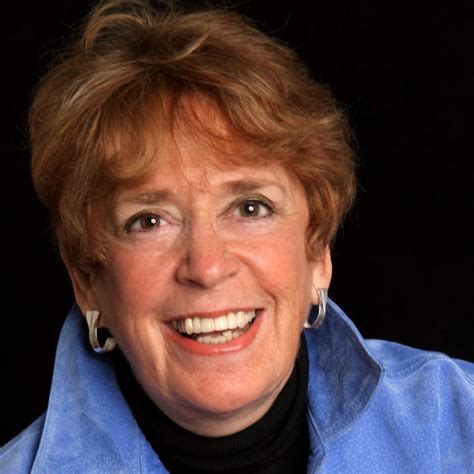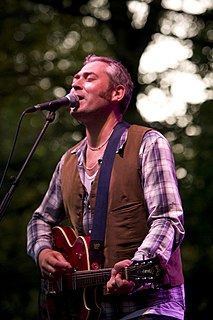A Quote by Salman Rushdie
They lived in a great city, a metropolis of many narratives that converged briefly and then separated for ever, discovering their different dooms in that crowd of stories through which all of us, following our own destinies, had to push and shove to find our way through, or out.
Related Quotes
If we wish to know about a man, we ask 'what is his story--his real, inmost story?'--for each of us is a biography, a story. Each of us is a singular narrative, which is constructed, continually, unconsciously, by, through, and in us--through our perceptions, our feelings, our thoughts, our actions; and, not least, our discourse, our spoken narrations. Biologically, physiologically, we are not so different from each other; historically, as narratives--we are each of us unique.
I chose Congo in order to become close to a place that we had turned away from. It isn't present in our imaginations, in the stories we tell each other. Yet it's relevant to our lives and to our worlds, in a practical way. Congo supplies raw materials for the things that we use on a daily basis. We are intimately linked to Congo, economically. We're linked to it through human events that are occurring there, that affect all of us, and yet you don't find narratives of Congo present in our lives.
I think we all are born inside of our parents' narratives. We stay there for a good while. We are taught their narratives about everything: their marriage, the world, God, gender, identity, etcetera. Then, at some point, our own narrative develops too much integrity to live inside that story. We don't ever fully escape it, but we move into our own stories.
As with any other great force of nature, there is both glory and danger in the stories we tell ourselves. Some are toxic and keep our problems festering. Others are tonic and bring us beyond the limitations of our previous history. To be in a life of our own definition, we must be able to discover which stories we are following and determine which ones help us grow the most interesting possibilities.
In building a path through the self to the far shore of awareness, we have to carefully pick our way through our own wilderness. If we can put our minds into a place of surrender, we will have an easier time feeling the contours of the land. We do not have to break our way through as much as we have to find our way around the major obstacles. We do not have to cure every neurosis, we just have to learn how not to be caught by them.
I'm still exploring. As I look back, Nénette Et Boni had a massive effect on the album we made after it, Curtains. I think it's been like that all the way through. Trouble Every Day had a massive effect on Can Our Love... I think it's allowed us to raise our heads, take a bit of a left turn, explore different avenues, and then come back to our own thing and see it in a different way.
As we walk back, it feels like the city is engulfing us. Adrenalin still pours through our veins. Sparks flow through to our fingers. We've still been running in the mornings, but the city's different then. It's filled with hope and with bristles of winter sunshine. In the evening, it's like it dies, waiting to be born again the next morning.
'Our parents' generation had it a lot tougher than we did. They had to live through the Depression, World War II, and then they had to, you know, try to pick up the pieces of their lives and bring up their children. And, it was a great example for us. I guess we grew up with a certain amount of the ethics our parents had, which is, you know: work hard, make your own way, be independent.
So I found myself telling my own stories. It was strange: as I did it I realised how much we get shaped by our stories. It's like the stories of our lives make us the people we are. If someone had no stories, they wouldn't be human, wouldn't exist. And if my stories had been different I wouldn't be the person I am.
Peace is not just the absence of war, it is the active presence of a capacity for love and compassion, and reciprocity. It is an awareness that our lives are not to be lived simply for ourselves through expressing our individuality, but we confirm the purpose of our lives through the work of expressing our shared sense of community in a purposeful and practical way; to sustain our own lives we sustain the lives of others - in family, in a community of neighborhoods called a city, and in a community of nations called the world.






































